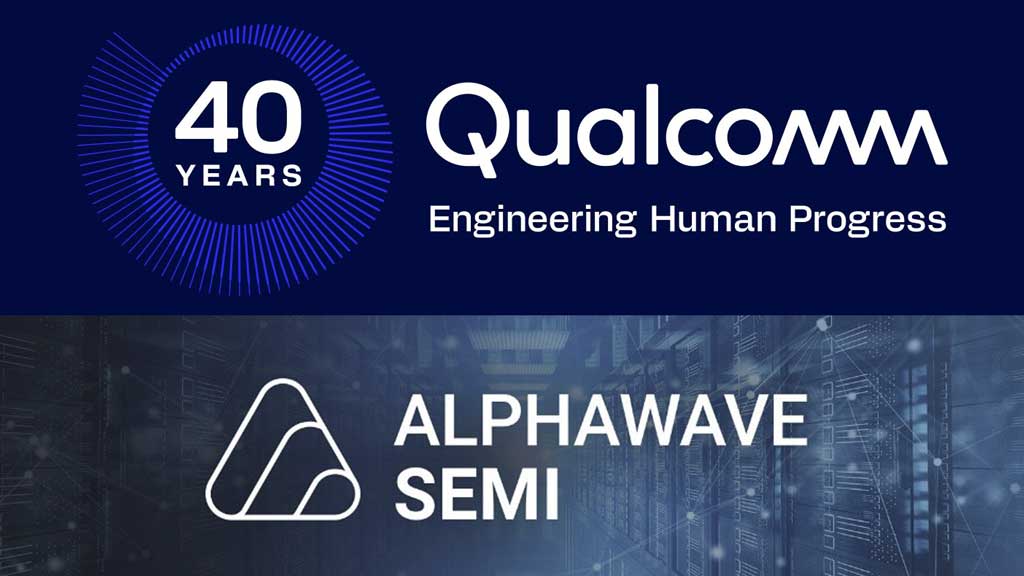Qualcomm acquires Alphawave Semi for $2.4 billion – says its leading high-speed wired tech will accelerate data center expansion
Alphawave Semi's technology will bolster upcoming chips with Qualcomm Oryon CPU and Hexagon NPU tiles.

Fabless chipmaking giant Qualcomm is set to grow yet stronger with a $2.4 billion agreement to acquire Alphawave Semi now inked. Qualcomm’s freshly acquired wholly-owned subsidiary is best known for its high-speed wired connectivity and compute technologies. This deal appears to offer great synergies, particularly in the wake of Qualcomm confirming its reentry to the data center market in mid-May. Please keep this news between you and us, for now, dear readers, as Qualcomm’s press release date indicates this acquisition announcement was supposed to hit the wires tomorrow. (Or it's a typo)
Qualcomm was already poised to make a big splash with its new data center processors. Its Oryon CPU cores have a great reputation for processing power and efficiency. Moreover, it should follow up with second and third generation Oryon cores from its Nuvia team in the coming months.
The chipmaker also has a potent Neural Processing Unit (NPU) in the heart of the Hexagon processor. This has also been earmarked for deployment in any upcoming data center processor. Qualcomm’s Hexagon NPU is designed for AI inference, machine learning, a multimedia processing prowess. It is also highly efficient, with its roots in the mobile Snapdragon range of SoCs.



Alphawave Semi is a UK-based company that was founded in 2017. In its own words, it claims to “design industry-leading, high-speed connectivity solutions.” Its product portfolio has been tuned to address data center, AI, 5G, networking, autonomous vehicles, and flash storage markets.
In today’s press release, Cristiano Amon, president and CEO of Qualcomm, makes clear that the technology that will be onboarded from Alphawave Semi will be “complementary to our power-efficient CPU and NPU cores.” Going forward, Amon sees the combined teams working in concert to enable “next-level connected computing performance” in segments such as the data center market.
With the agreement as it stands, the two parties expect to complete the acquisition by Q1 2026. There are the usual arrays of financial, legal, and regulatory hurdles to cross now with a sizable multinational deal like this.
Last but not least, while this acquisition deal is interesting in its own right, the implications on the competitive landscape of the server processor market might be even more stirring. It remains to be seen the size of the splash Qualcomm can make, though, as it will have a tough fight against incumbent and innovative tech giants like Intel, AMD, Nvidia, Google, and Amazon.
Get Tom's Hardware's best news and in-depth reviews, straight to your inbox.
Follow Tom's Hardware on Google News to get our up-to-date news, analysis, and reviews in your feeds. Make sure to click the Follow button.

Mark Tyson is a news editor at Tom's Hardware. He enjoys covering the full breadth of PC tech; from business and semiconductor design to products approaching the edge of reason.